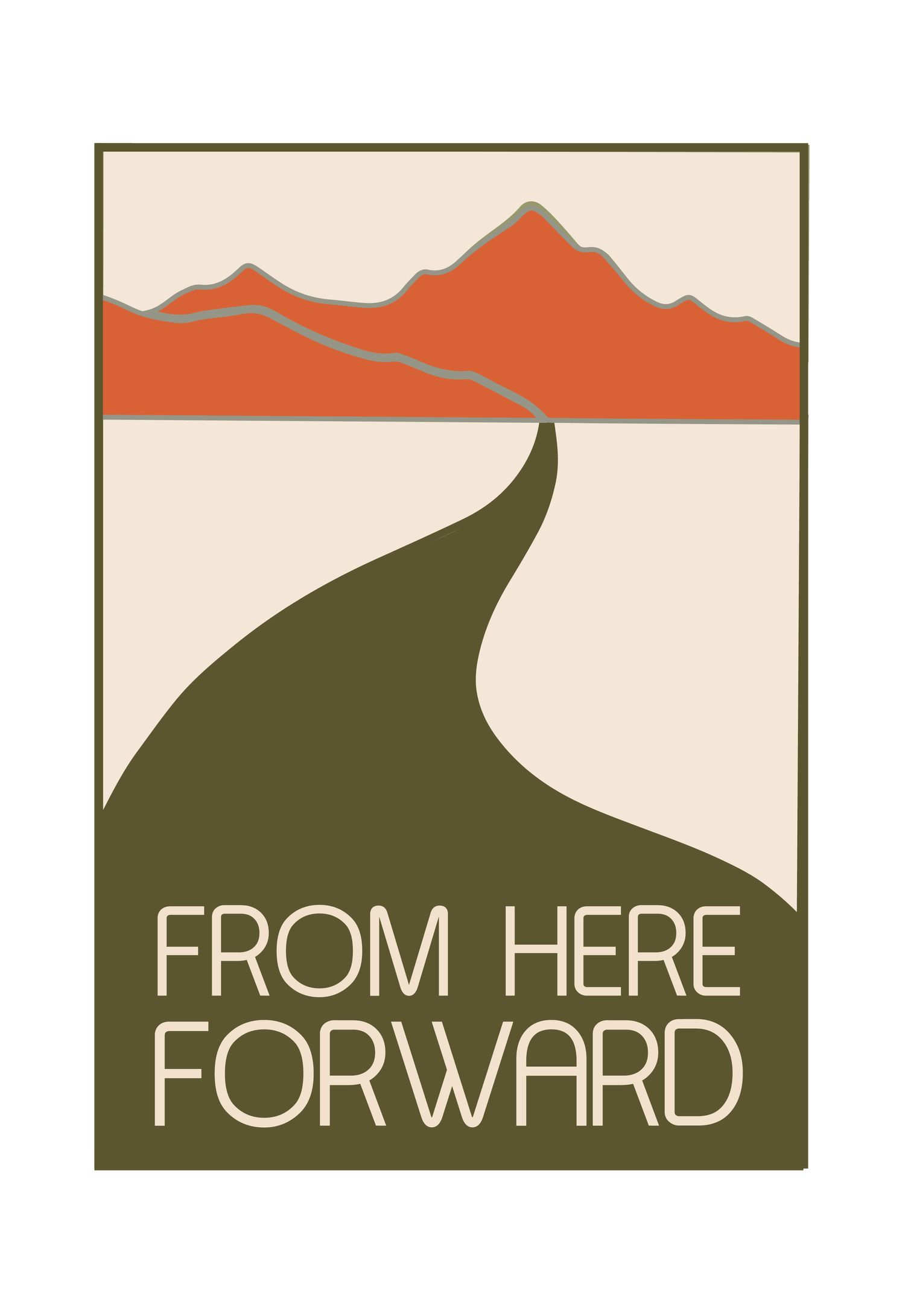VC Reporter on “This is Water”
Rain Perry examines her life through a racial lens in This Is Water
In 2005 David Foster Wallace (1962-2008) gave a commencement speech to the graduating class at Ohio’s Kenyon College. Heralded as one of the best commencement speeches ever delivered, it was later published in book form as This Is Water: Some Thoughts, Delivered on a Significant Occasion, about Living a Compassionate Life. The speech famously opens with a story about two young fish swimming along who meet an older fish. The older fish asks, “How’s the water?” One young fish says to the other, “What the hell is water?”
The story, Wallace explained, was meant to demonstrate that, “the most obvious, important realities are often the ones that are hardest to see and talk about.” The young fish, surrounded by water, couldn’t perceive water itself. Some experiences are so pervasive in our everyday lives that we aren’t aware of them.
It is this idea that inspires both the name and the message of Rain Perry’s new play, This Is Water, directed by Kim Maxwell and presented at her studio in Ojai Oct. 13-22.
“Collect your cousins”
“David Wallace Foster . . . inspired people to realize they are part of the world they see every day,” Perry says. And with This Is Water, she aimed to take a look at the privilege she has experienced her whole life as a white woman.
In some ways, it’s a sequel to Perry’s Cinderblock Bookshelves, her 2008 memoir about her counter-culture upbringing, and a companion piece to A White Album, released in April 2022, in which she touches upon racism, complacency and complicity.
“This is me looking at myself as a white woman,” Perry explains, of both the album and the play. “I’m interrogating my own self, my cluelessness, mistakes I’ve made. It was important to me that I talk from my place as a white woman.”
Both works came out of a lot of soul searching undertaken during the pandemic shutdowns (“if we’re gonna be locked down, this is my opportunity to write something”) and in the midst of the Black Lives Matter protests. Perry relates that the messages of “collect your cousins” — a call for anti-racist white people to organize and take an active role in promoting racial justice — and “talk amongst yourselves and figure your stuff out” deeply resonated with her.
“I took that to heart,” she recalls.
In This Is Water Perry revisits the same territory she covered in Cinderblock Bookshelves, but with a more critical perspective. Despite whatever hardships she endured growing up with a fiercely creative but sometimes feckless father, she recognizes now that “the world was set up for me” — in characters she read about in books, or saw on television or film, and in other ways, too.
“White privilege — what did I grow up believing about myself and what I was entitled to?” she asks herself. “What were my impressions?”
As a child, she didn’t think about race. But with older eyes that have seen how racial inequality and tensions have led to grave injustice, even family anecdotes have taken on new meaning. For example, she reflects on visiting her grandfather, a wealthy executive for Procter and Gamble, who lived in the affluent Cincinnati suburb of Indian Hill.
“As a kid, it always seemed like a magical place,” Perry says. “Then my aunt told me a story about the Cincinnati riots and a desire to blockade the road to this enclave. And I realized, this enclave was protected by laws, by the police . . . This childhood my dad had, it was not just a fluke that it was a wealthy neighborhood. It was set up that way — there were laws and police that were there to protect it.”
Tough conversation
While This Is Water is something of a conversation with herself, she hopes it leads to dialogue with other white people as well, and encourages them to reflect on their own experiences through the lens of white privilege.
“I’m hopefully exploring all that in a way that is helpful,” says Perry. “A way to approach these issues that’s not so fraught. When white people talk about race, people tend to get defensive and not want to talk about it, or feel guilty . . .. It’s walking a really fine line, for me, on being clear in my sense of justice but still meeting people where they are. This is my version of ‘collect your cousins.’”
Perry is quick to add that the upcoming performance of This Is Water is a workshop production — “the first time the play is on its feet in front of an audience.” The one-woman show stars Perry herself, joined by musician and music producer Mark Hallman (who produced both Cinderblock Bookshelves and A White Album). Hallman remixed Perry’s songs to strip out the vocals and certain instruments; during the show, she will sing while Hallman plays over a recorded rhythm section.
“It should give the feeling of a full band,” says Perry.
A little music, a little storytelling and a lot of introspection. Those who come out to see This Is Water should expect to be fully immersed in one artist’s coming to terms with her past, her biases and blind spots, and her efforts to do and be better, as an ally and a human.
“I can’t make some grand statement about race,” Perry concludes. “I can only look at myself.”
This Is Water is onstage Oct. 13-22 at the Kim Maxwell Studio, 226 W. Ojai Ave., #102, Ojai. Tickets are $20 and available at thetowniesinc.org or rainperry.com. Masks will be required.
